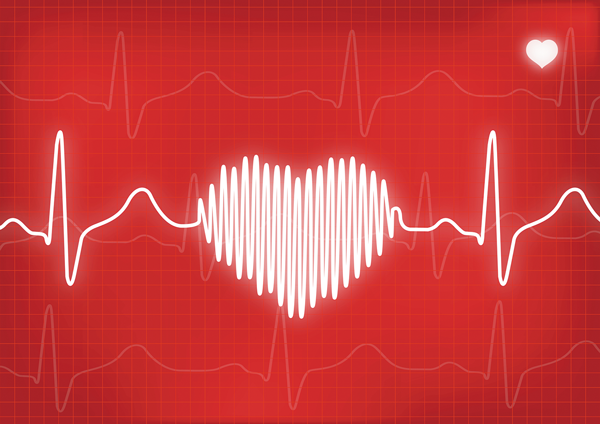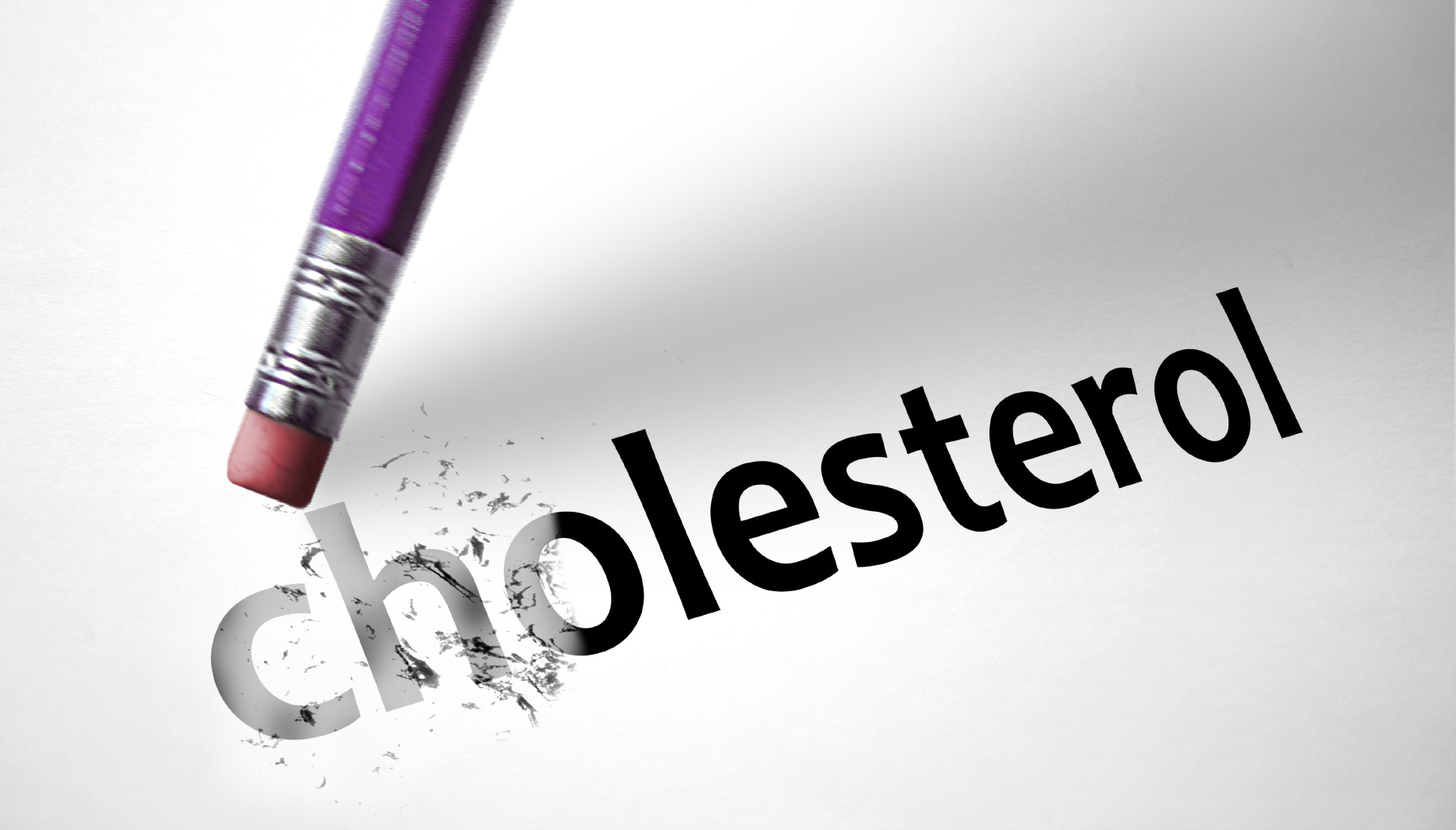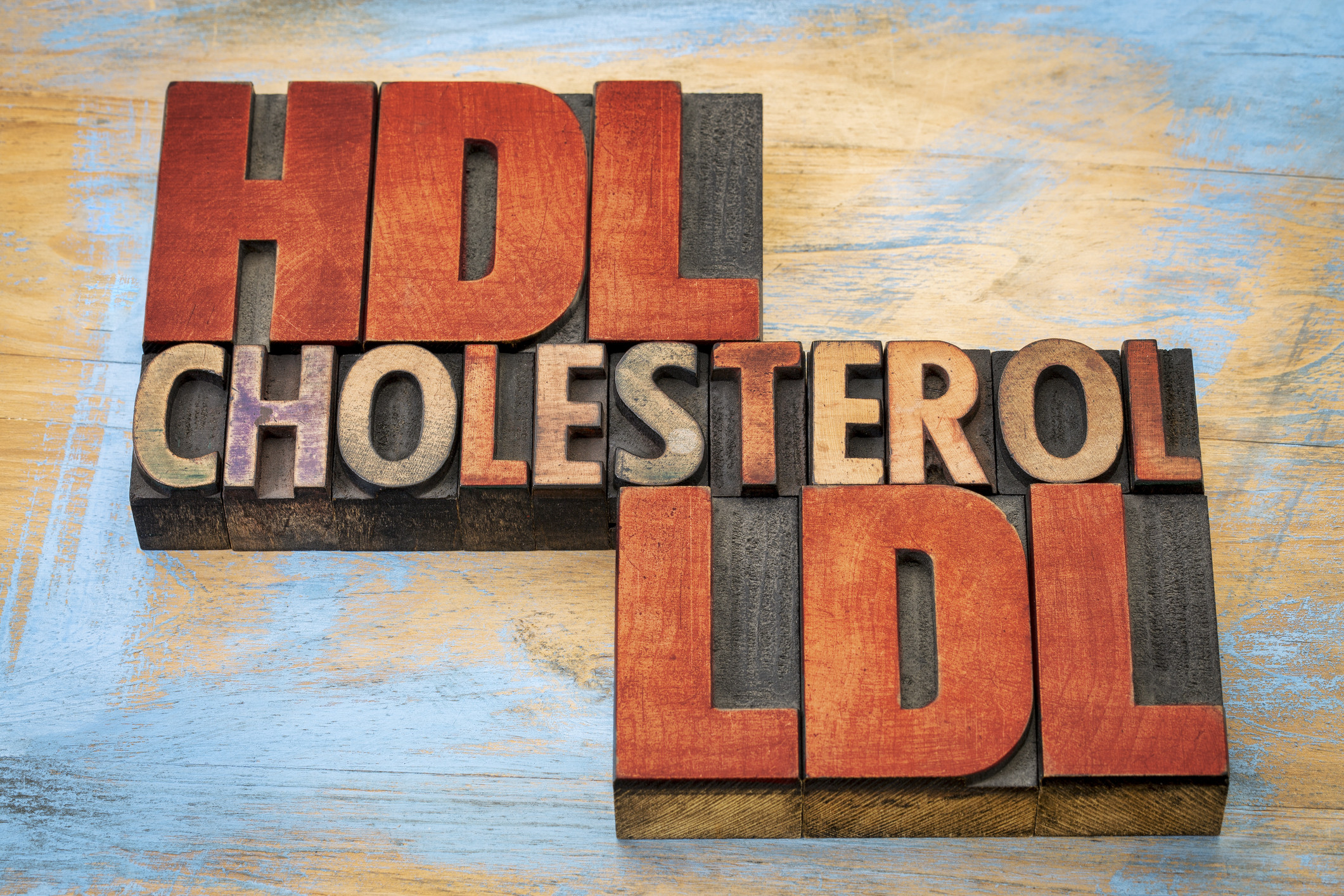
Two jobs may lower the odds of dying from Alzheimer's disease — but why?

Mastitis: What to do when your breasts are painfully inflamed

How — and why — to fit more fiber and fermented food into your meals

UTI in older women: Why postmenopausal women are susceptible to urinary tract infection, and what to do about it

Can a routine vaccine prevent dementia?

Some adults may need a measles booster shot. Who should get one and why?

Less butter, more plant oils, longer life?

Healthier planet, healthier people

Counting steps is good — is combining steps and heart rate better?

Appendix pain: Could it be appendicitis?
Heart Health Archive
Articles
Resuming sex within months of a heart attack linked to longer survival
Research we're watching
Couples sometimes worry about restarting sexual activity after one partner has had a heart attack. But a new study has found that returning to usual levels of sexual activity within a few months of a heart attack is linked to improved survival.
The study, published online Sept. 23, 2020, by the European Journal of Preventive Cardiology, included 495 sexually active people who were hospitalized for a first heart attack in 1992 or 1993. All of them were 65 or younger (the average age was 53) and 90% were men.
Higher pneumonia risk with unfavorable blood lipids?
Research we're watching
People with low HDL (good) cholesterol and high triglycerides may be more likely to be hospitalized for pneumonia, according to a study in the Aug. 15, 2020, American Journal of Medicine.
The study included more than 13,000 people who were part of a long-term study designed to look at lipids and other factors linked to heart disease. Using hospital discharge records, researchers found that nearly 15% of the participants had been hospitalized with pneumonia during the follow-up, which lasted a median of 21 years.
Fish oil drug helps shrink plaque in heart arteries
Research we're watching
A drug made from a highly purified form of EPA (an omega-3 fatty acid found in fish) appears to help reduce plaque in the heart's arteries, according to a study published online Aug. 29, 2020, by the European Heart Journal. The findings may explain why the drug, icosapent ethyl (Vascepa), lowers the risk of heart attack and stroke by 26% in people at high risk for those serious problems.
The study included 80 people with fatty plaque in the arteries of the heart (coronary artery disease). Most of them had diabetes and were taking a statin. Their triglycerides were elevated, ranging from 135 to 499 milligrams per deciliter. Half were randomly assigned to take 4 grams of icosapent ethyl daily; the other half received a placebo.
The danger of “silent” heart attacks
About half of all heart attacks are mistaken for less serious problems and can increase your risk of dying from coronary artery disease.
Image: goir/Getty Images
You can have a heart attack and not even know it. A silent heart attack, known as a silent myocardial infarction (SMI), account for 45% of heart attacks and strike men more than women.
They are described as "silent" because when they occur, their symptoms lack the intensity of a classic heart attack, such as extreme chest pain and pressure; stabbing pain in the arm, neck, or jaw; sudden shortness of breath; sweating, and dizziness.
Do you know the signs of a silent heart attack?
As many as half of all heart attacks go unrecognized — and their long-term consequences can be serious.
Image: © hidesy/Getty Images
Most people don't realize that they could have a heart attack without even knowing it. Although these are commonly referred to as "silent" heart attacks, a more accurate term may be "unrecognized" heart attack, says cardiologist Dr. David Morrow, director of the cardiac intensive care unit at Harvard-affiliated Brigham and Women's Hospital.
"Some people do have symptoms, so in that sense, their heart attack is not silent. They just don't recognize the sensations as coming from their heart," he explains. They may think it's just indigestion or muscle pain, when the real cause is actually reduced blood flow to the heart. People may also experience other atypical symptoms, such as nausea or excessive sweating during a heart attack (see "Heart attack symptoms").
Broccoli and related veggies may boost blood vessel health
Research we're watching
Eating a daily serving of cabbage, cauliflower, broccoli, or brussels sprouts is linked to a lower likelihood of harmful calcium buildup in the aorta, the body's largest artery, according to a new report.
The study featured 694 older Australian women who were initially enrolled in a study looking at diet, supplements, and bone fractures. The spine imaging tests used in the study also revealed the amount of calcification in the abdominal portion of the aorta. So researchers used those data to explore the link between diet and aortic calcification, a sign of plaque buildup (atherosclerosis) that leads to cardiovascular disease. The study, which was published online July 17, 2020, by the British Journal of Nutrition, found 46% lower odds of extensive abdominal aortic calcification among women who ate at least 45 grams of cruciferous vegetables daily (equal to one serving; about a half-cup) as compared with women who ate less than 15 grams of cruciferous veggies a day. The vegetables contain substances such as fiber that help discourage atherosclerosis.
Stress-induced brain activity linked to chest pain from heart disease
Research we're watching
Doctors have long known that mental or psychological stress can lead to angina (chest pain or discomfort caused by inadequate blood to the heart). Now, new research reveals a direct correlation between angina and stress-related activity in the brain's frontal lobe. The study included 148 people with coronary artery disease with an average age of 62. All underwent brain and heart imaging tests done in conjunction with mental stress testing, which involved mental arithmetic and public speaking. Imaging tests were also done under "control" conditions, which featured simple counting and recalling a neutral event. Researchers monitored the participants for angina during the tests; they also assessed angina rates again after two years.
Activity in the inferior frontal lobe area of the brain during mental stress was linked to the severity of self-reported angina, both during the brain imaging and at the two-year follow-up. A better understanding of how the brain reacts to stress may be an important consideration for doctors who treat angina, according to the study's lead author. The study was published online Aug. 10, 2020, by the journal Circulation: Cardiovascular Imaging.
Heart-related complications in people hospitalized with the flu
Research we're watching
Serious heart complications are common in people hospitalized with influenza, according to a study published online Aug. 25, 2020, by Annals of Internal Medicine.
Researchers from the CDC looked at the rates of cardiovascular problems in more than 80,000 adults hospitalized with a confirmed case of influenza (commonly called the flu) from 2010 to 2018. Almost 12% had a serious cardiovascular problem, most commonly heart failure or a lack of adequate blood flow to the heart, known as acute coronary syndrome. The body's immune response against the infection can trigger inflammation and other changes that harm the cardiovascular system.

Two jobs may lower the odds of dying from Alzheimer's disease — but why?

Mastitis: What to do when your breasts are painfully inflamed

How — and why — to fit more fiber and fermented food into your meals

UTI in older women: Why postmenopausal women are susceptible to urinary tract infection, and what to do about it

Can a routine vaccine prevent dementia?

Some adults may need a measles booster shot. Who should get one and why?

Less butter, more plant oils, longer life?

Healthier planet, healthier people

Counting steps is good — is combining steps and heart rate better?

Appendix pain: Could it be appendicitis?
Free Healthbeat Signup
Get the latest in health news delivered to your inbox!
Sign Up











